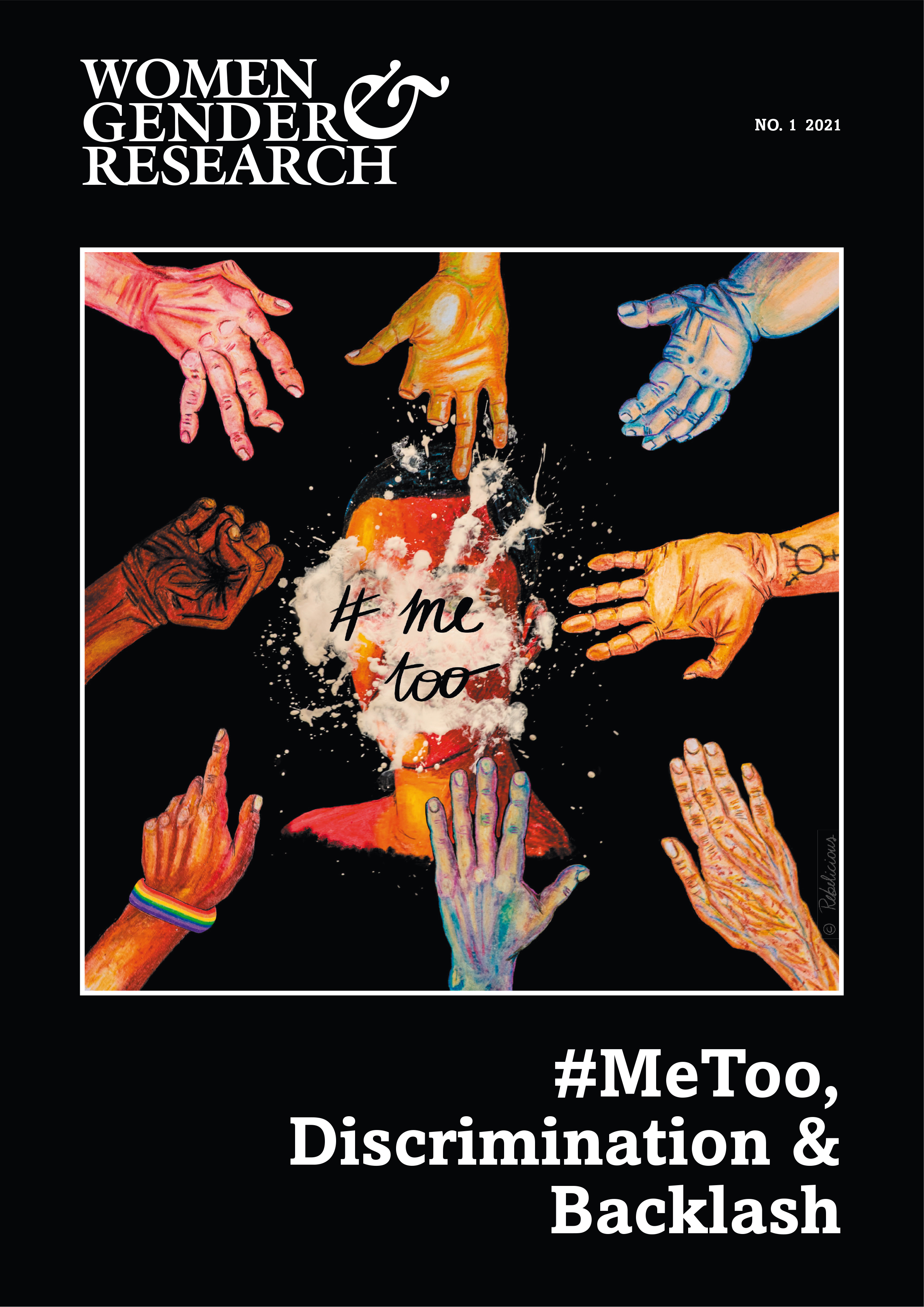Towards Decolonising Computational Sciences
DOI:
https://doi.org/10.7146/kkf.v29i2.124899Nøgleord:
decolonisation, computational sciences, cognitive sciences, machine learning, artificial intelligence, anti-blackness, misogynoir, tokenismResumé
This article sets out our perspective on how to begin the journey of decolonising computational fi elds, such as data and cognitive sciences. We see this struggle as requiring two basic steps: a) realisation that the present-day system has inherited, and still enacts, hostile, conservative, and oppressive behaviours and principles towards women of colour; and b) rejection of the idea that centring individual people is a solution to system-level problems. The longer we ignore these two steps, the more “our” academic system maintains its toxic structure, excludes, and harms Black women and other minoritised groups. This also keeps the door open to discredited pseudoscience, like eugenics and physiognomy. We propose that grappling with our fi elds’ histories and heritage holds the key to avoiding mistakes of the past. In contrast to, for example, initiatives such as “diversity boards”, which can be harmful because they superfi cially appear reformatory but nonetheless center whiteness and maintain the status quo. Building on the work of many women of colour, we hope to advance the dialogue required to build both a grass-roots and a top-down re-imagining of computational sciences — including but not limited to psychology, neuroscience, cognitive science, computer science, data science, statistics, machine learning, and artifi cial intelligence. We aspire to progress away from
these fi elds’ stagnant, sexist, and racist shared past into an ecosystem that welcomes and nurtures
demographically diverse researchers and ideas that critically challenge the status quo.
Downloads
Publiceret
Citation/Eksport
Nummer
Sektion
Licens
Udgivelser i Kvinder, Køn og Forskning er beskyttet under Creative Commons License: CC Attribution-NonCommercial 4.0

